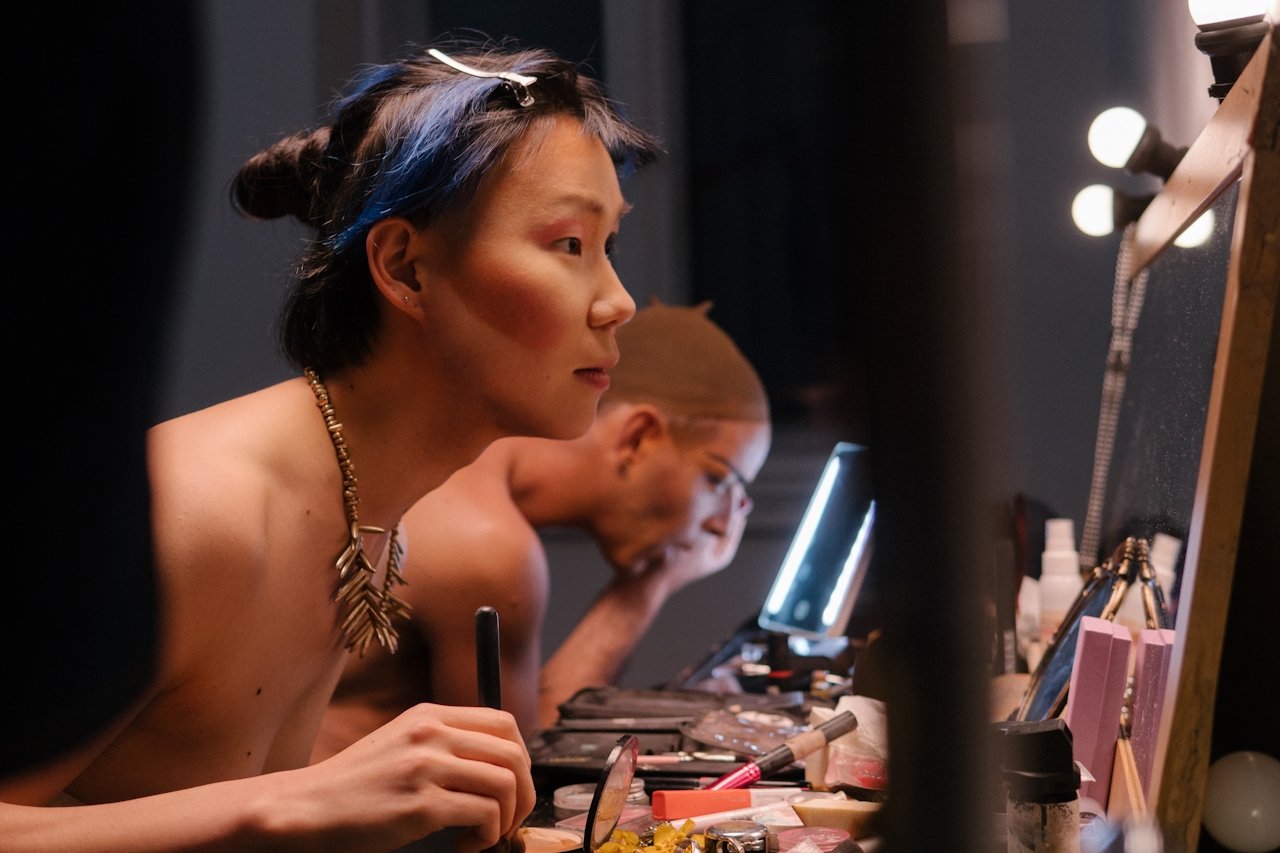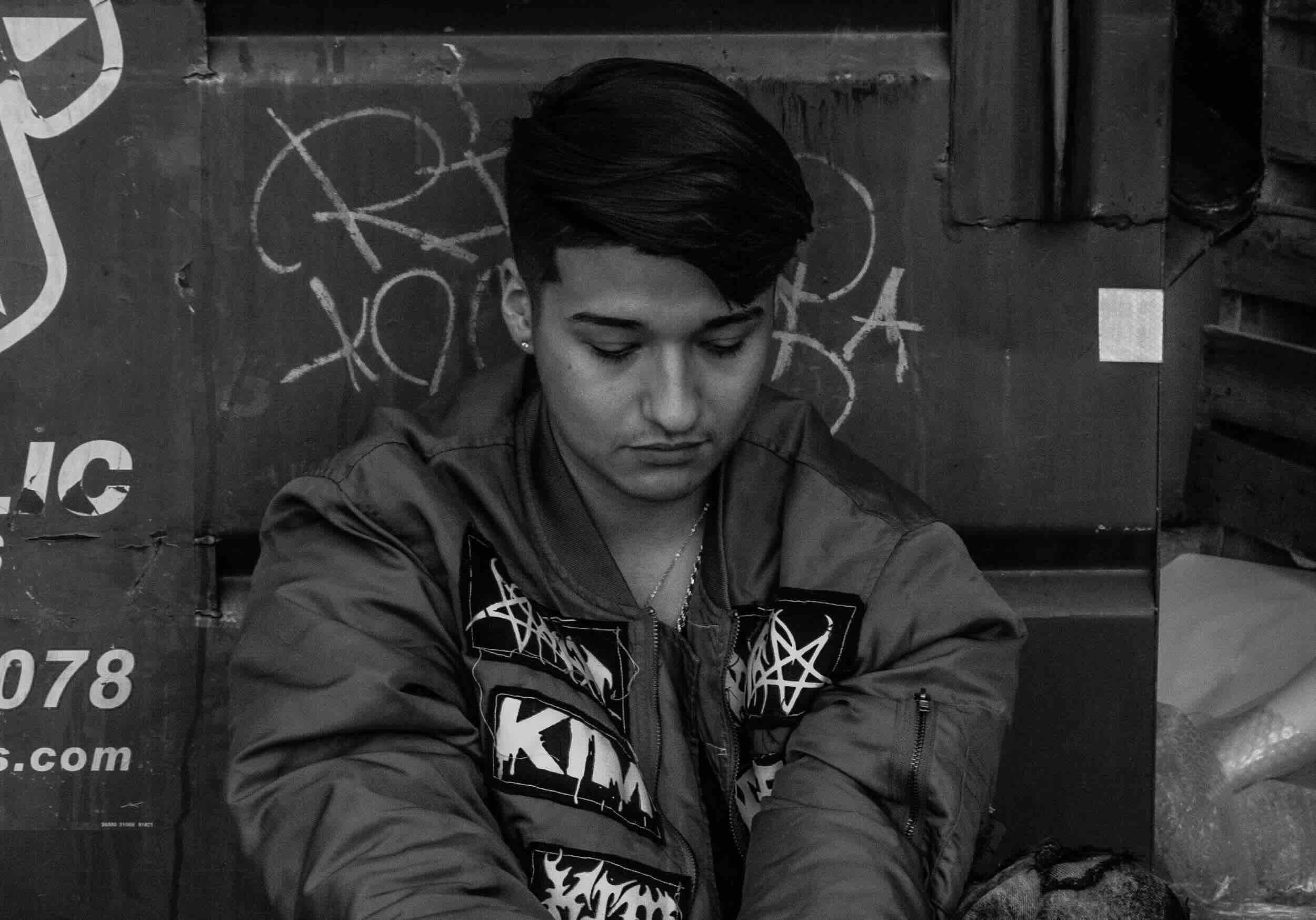
Building a Compassion Practice for Mental Health: A Guide to Affirmative Self-Care
Mental health struggles can feel isolating, especially when the world around us seems to emphasize productivity over healing and perfection over authenticity. But what if there was a different way to approach your mental wellness—one rooted in compassion, affirmation, and the recognition that you are inherently worthy of care? Drawing from principles of affirmative therapy, we'll explore how to build a sustainable compassion practice that honors your full humanity.

Psychodynamic Psychotherapy: Can We Look at the Hurt Together?
Psychodynamic or psychoanalytic psychotherapy refers to a range of treatments based on psychoanalytic concepts and methods that involve less frequent meetings and may be considerably briefer than psychoanalysis proper. Session frequency is typically once or twice per week, and the treatment may be either time-limited or open-ended. The essence of psychodynamic therapy is exploring those aspects of self that are not fully known, especially as they are manifested and potentially influenced in the therapy relationship.

Finding Your Way: How Therapy Can Support Your Journey with Chronic Illness
When you're managing a chronic condition, you're dealing with multiple layers of challenge simultaneously. There's the physical reality of symptoms, medication side effects, and medical appointments. But there's also the emotional toll: grief for the life you had before, anxiety about the future, frustration with limitations, and the exhaustion that comes from constantly advocating for yourself in healthcare settings.

Healing Justice and Mental Health: NYC Resources for Queer BIPOC Communities
This article explores healing justice, its significance, and resources like the Kindred Southern Healing Justice Collective and the Healing Justice podcast, which offer invaluable support to queer BIPOC communities along with NYC Affirmative Psychotherapy.

5 Signs It’s Time to See a Therapist for Depression: A Queer BIPOC Perspective
With societal stigma, intergenerational trauma, and economic inequities creating barriers to care, queer BIPOC individuals may delay or avoid seeking mental health support. Recognizing the signs of depression and knowing when to seek help is vital for maintaining emotional well-being. This guide explores five key signs for queer BIPOC individuals to consider therapy, with an emphasis on their distinct experiences.

Career Stress in the Modern Workplace: Burnout Recognition and Recovery
In today's fast-paced professional landscape, career stress has become an almost universal experience. The boundaries between work and personal life continue to blur, especially in a city like New York where ambition and achievement are deeply woven into the cultural fabric. At NYC Affirmative Psychotherapy, we regularly encounter clients struggling with career-related stress that impacts their overall wellbeing. This post explores the nature of career stress, its impacts, and effective strategies for managing it.

Men and Loneliness: Breaking the Silence and Finding Connection
Loneliness is a universal human experience, yet it’s one that many men struggle with in silence. Despite living in a hyper-connected world, men often face unique social and emotional barriers that make it difficult to admit feeling lonely or seek support. At NYC Affirmative Psychotherapy, we understand the complexities of male loneliness and the importance of addressing it in a compassionate, non-judgmental space.

Getting Help for Depression: A Compassionate Guide to Healing
Depression is more than just feeling sad—it’s a complex mental health condition that affects millions of people worldwide. If you're struggling with persistent sadness, hopelessness, or a loss of interest in life, know that you're not alone, and help is available. At NYC Affirmative Psychotherapy, we understand how overwhelming depression can be, and we’re here to guide you toward healing with empathy, expertise, and affirming care.

Why Finding a Therapist Who "Gets It" Matters.
At NYC Affirmative Psychotherapy, we know that therapy is most effective when you feel seen, heard, and understood. This means finding a therapist who not only has the professional expertise but also the cultural competence and empathy to connect with your specific needs. Here’s why finding a therapist who “gets it” is so important—and how to find the right fit for you.

Why It’s Essential to Have a Therapist Who Understands Intersectionality
In today’s increasingly diverse and complex world, mental health care must evolve to meet the unique needs of individuals from all walks of life. At NYC Affirmative Psychotherapy, we believe that therapy is not a one-size-fits-all solution. To truly support healing and growth, therapists must understand and honor the multifaceted identities of their clients. This is where intersectionality comes in—a framework that acknowledges how overlapping aspects of identity, such as race, gender, sexuality, class, and ability, shape a person’s experiences and challenges. Having a therapist who understands intersectionality isn’t just a bonus; it’s a necessity for effective, affirming care.

Embracing Joy: How to Experience It Right Now
In the hustle and bustle of daily life, it's easy to forget about joy. We often postpone happiness, thinking it's something we'll experience once we achieve certain goals or milestones. But what if joy isn't just a destination, but a journey? What if you could experience it right now, regardless of your circumstances? Let's explore the essence of joy and discover practical ways to invite more of it into your life, starting this very moment.

Healing from Trauma
Trauma can leave deep, lasting imprints on our lives, affecting our relationships, self-esteem, and overall well-being. However, it's crucial to remember that healing from trauma is possible, and with the right support, you can reclaim your life and find a path to recovery. Read our guide to healing from trauma.

Beyond Tolerance: Why LGBTQIA+ Affirmative Therapy Changes Everything
Finding the right therapist can feel overwhelming, especially when you're already navigating the complexities of living authentically in a world that doesn't always understand. For LGBTQIA+ individuals, the stakes feel even higher—because the wrong therapeutic relationship can do more harm than good. This is where LGBTQIA+ affirmative psychotherapy steps in, offering something far more powerful than basic acceptance: true understanding and validation.

Adulting with Anxiety: A Survival Guide for Your 20s and 30s
Let's chat about that uninvited guest that keeps crashing our millennial and Gen Z parties: anxiety. If your brain feels like it's running a marathon while binge-watching Netflix, you're not alone in this "fun" adventure we call growing up. Read our guide to being age 20s and 30s with anxiety.
